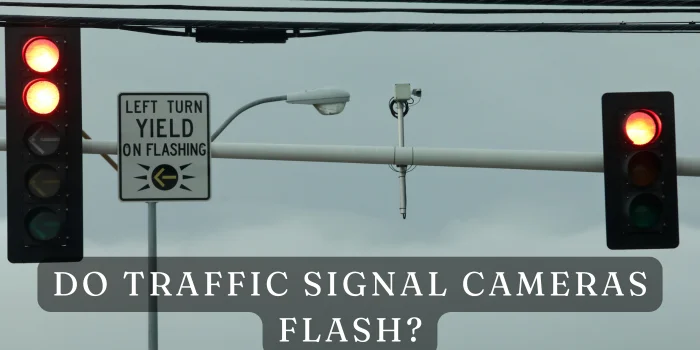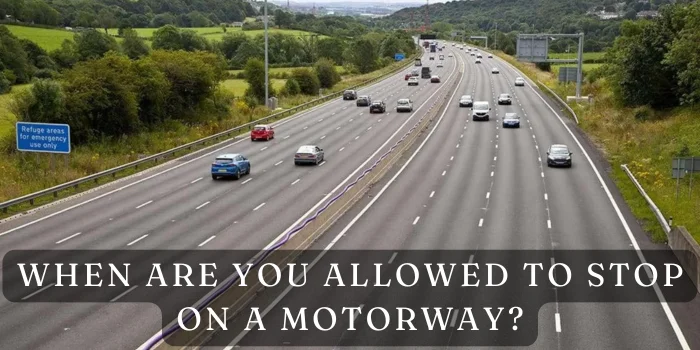How to Avoid Traffic Camera Fines in the UK
Driving in the UK can feel like navigating a maze of rules, especially with traffic cameras watching your every move. But what if you could avoid fines altogether? Let’s break it down step by step.
Understanding Traffic Cameras in the UK
What Are Traffic Cameras?
Traffic cameras are automated devices installed on roads to monitor vehicle behavior. They use sensors, radar, or lasers to detect movements and capture evidence of traffic violations. For example, if you run a red light or speed past a camera, it takes a photo of your license plate and records details like your speed, location, and time. These cameras come in two main forms:
- Fixed cameras: Permanently mounted on poles, gantries, or bridges (e.g., Gatso cameras on motorways).
- Mobile cameras: Operated by police officers in vans or handheld units, often placed in accident-prone areas.
Cameras connect to central systems that analyze data and issue fines. They don’t just snap pictures—they also log vehicle details into databases, triggering automated penalty notices. Think of them as a 24/7 security system for roads, designed to catch rule-breakers even when no human is watching.
Why Do Traffic Cameras Exist?
Traffic cameras serve three core purposes:
- Prevent accidents: By penalizing speeding and red-light runners, they discourage risky behavior. Studies show areas with speed cameras see up to 30% fewer collisions.
- Enforce traffic laws fairly: They remove human bias—a camera won’t give you a “warning” for going 40 mph in a 30 mph zone.
- Free up police resources: Automated systems let officers focus on urgent crimes instead of roadside speed checks.
Types of Traffic Cameras and Their Functions
Speed Cameras
Speed cameras measure how fast your Vehicle travels. Fixed ones sit on poles, while mobile units operate in vans or handheld devices. If you exceed the limit, they snap a photo of your license plate.
Red Light Cameras
These cameras activate when a vehicle enters an intersection after the light turns red. They record the time, date, and speed of the vehicle to issue fines.
Average Speed Check Cameras
These cameras calculate your speed over a stretch of road (e.g., roadworks). They use number plate recognition to track your entry and exit times, ensuring you don’t speed between points.
Bus Lane Cameras
Found in urban areas, these cameras catch non-buses using bus lanes during restricted hours. They’re common near bus stops or congested routes.
Legal Consequences of Traffic Camera Fines
Financial Penalties
Traffic camera fines in the UK start at £100 for minor offenses, like speeding or entering a bus lane illegally. However, penalties escalate based on severity. For example:
- Low-level speeding (e.g., 10 mph over the limit): £100 fine + 3 penalty points.
- High-level speeding (e.g., 20+ mph over the limit): Fines can reach £1,000 (or £2,500 on motorways) if the case goes to court.
- Red-light violations: Fixed £100 fine + 3 penalty points.
If you pay within 14 days, the fine often drops to £50. Miss the 28-day deadline, and the amount increases by 50%. Ignoring the fine entirely can lead to court action, bailiff involvement, or even a County Court Judgment (CCJ), which affects your credit score.
Penalty Points on Your License
Most traffic camera fines add 3–6 penalty points to your driving license. For example:
- Speeding: Typically 3 points, but 6 points for excessive speed.
- Ignoring red lights: 3 points.
- Using a bus lane illegally: Usually no points, but repeat offenders may face penalties.
Key rules to know:
- The “totting-up” system: Accumulate 12 points within 3 years, and you face a 6-month driving ban.
- New drivers: If you pass your test within the last 2 years, 6 points result in license revocation.
- Points stay on your license: They remain for 4–11 years, depending on the offense.
Penalty points also raise car insurance costs. Insurers view points as “high risk,” often increasing premiums by 20–50%. Imagine points as “strikes” in a game—too many, and you’re out.
Top Tips to Avoid Traffic Camera Fines
Check Speed Limits Regularly
Speed limits change often—especially near schools or construction zones. Glance at road signs frequently. Ask yourself: “Would I risk £100 to save 30 seconds?”
Maintain a Safe Distance from Other Vehicles
Tailgating triggers cameras in some zones. Keep a two-second gap from the car ahead. Imagine a giant cushion between you—it’s safer and avoids Fines.
Use Navigation Apps with Camera Alerts
Apps like Waze or Google Maps warn you about nearby cameras. Enable alerts to stay informed. But don’t rely solely on them—always watch for signs.
Perform Regular Vehicle Checks
Faulty brake lights or obscured license plates can lead to fines. Test lights monthly and clean your plate. Think of it as brushing your teeth—preventative care.
Stay Alert to Road Signs and Markings
Yellow lines, bus lane hours, and temporary signs matter. Miss one, and you’re fined. Treat signs like text messages—read them immediately.
How Speed Cameras Work
Speed cameras use radar or laser technology. Fixed cameras often flash when triggered, while mobile ones rely on officers reviewing data later. Newer models work in all weather and light conditions.
Common Myths About Traffic Cameras
“Speed Cameras Have Tolerances”
Some believe cameras ignore drivers 10% over the limit. While officers may exercise discretion, cameras don’t. Assume every mph counts.
“You Can Dispute All Fines”
Disputing works only if the camera was faulty or the notice has errors. “I didn’t see the sign” rarely succeeds. Evidence is key.
What to Do If You Receive a Fine
Responding to a Notice
You have 28 days to pay or appeal. Ignoring it escalates the fine and may lead to court. Treat it like a parking ticket—address it fast.
Appealing a Fine
Gather evidence: photos, witness statements, or maintenance records. Submit a formal letter to the address on the notice. If rejected, you can go to court.
Conclusion
Avoiding traffic camera fines isn’t rocket science. Follow speed limits, stay alert, and use tech wisely. Remember, cameras exist to save lives—not your wallet. Drive smart, and you’ll keep both intact.
FAQs
How long do I have to pay a traffic fine?
You typically have 28 days to pay or appeal. Late payments increase the fine.
Can I take a speed awareness course instead of paying?
Yes, if eligible. Courses cost roughly £90 but avoid points on your license.
Do mobile speed cameras work at night?
Yes. Many use infrared technology to capture license plates in low light.
Are bus lane fines enforceable on weekends?
Check local rules. Some cities restrict bus lanes only on weekdays.
Can I check if a camera caught me speeding?
No. You’ll receive a notice within 14 days if a fine is issued.



